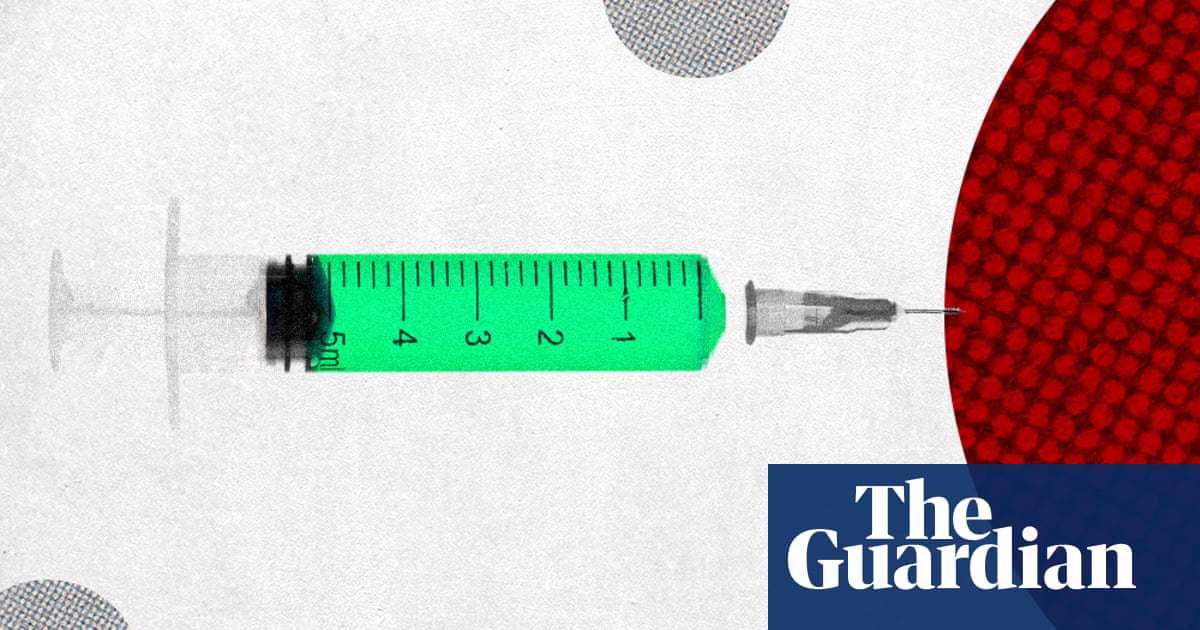RESEARCH PROBLEM: Doctors battling covid-19 rush to treat the ill — but without knowing what really works
Submitted by mike kraft on
 Wartime doctors battling covid-19 rush to treat the ill — but without knowing what really works Seven months into the pandemic, frontline doctors have in many cases become experts in treating covid-19. But they are experts without, for the most part, the most fundamental tool in medicine — solid evidence upon which to base their decisions.
Wartime doctors battling covid-19 rush to treat the ill — but without knowing what really works Seven months into the pandemic, frontline doctors have in many cases become experts in treating covid-19. But they are experts without, for the most part, the most fundamental tool in medicine — solid evidence upon which to base their decisions. 






